Truthdiggers of the Week: Charlie Hebdo
Critical journalists view the slaughter of their colleagues in Paris from a deeply personal perspective. "Does my work threaten my life?" we ask ourselves.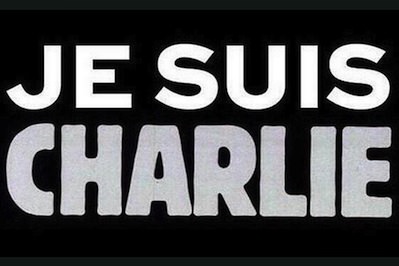
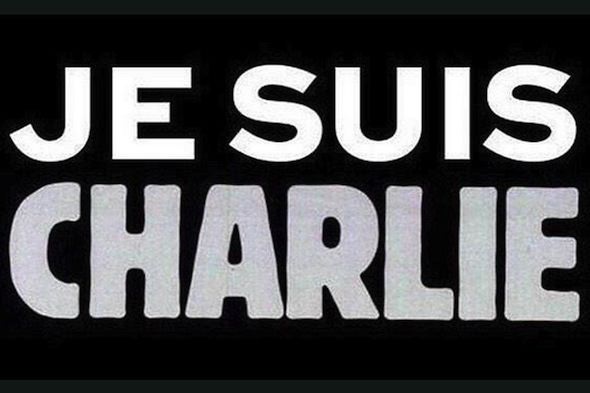
In English, “I am Charlie.” The phrase of solidarity appeared on Charlie Hebdo’s website shortly after the attack. Photo by Charlie Hebdo
Every week the Truthdig editorial staff selects a Truthdigger of the Week, a group or person worthy of recognition for speaking truth to power, breaking the story or blowing the whistle. It is not a lifetime achievement award. Rather, we’re looking for newsmakers whose actions in a given week are worth celebrating.
News publishers, editors and journalists feel less secure in their homes and offices after two men walked into the workplace of the French satirical magazine Charlie Hebdo on Wednesday morning and killed 11 people. Though the gunmen shouted “Allahu Akbar!” — Arabic for “God is Great!” — and “the Prophet is avenged,” they do not speak for Muslims, one of whom they slain in the attack. People of all traditions are grieving for a world whose increasing instability frightens the public across the globe, with the prospect of an end to life in an exchange of hostilities that reaches telescopically back to events that not a single person living had any part in.
As is clear from the statements filling our media feeds, critical journalists view the slaughter in Paris from a deeply personal perspective. “Does my work threaten my life?” we ask ourselves. (A German newspaper suffered an arson attack early Sunday after republishing cartoons from Charlie Hebdo to express solidarity with its slain journalists. No one died.) The answer is probably not. We can all Google the number of deaths that are more likely to occur each year as a result of car accidents or physician errors. And we can recognize that the odds are in our favor. But when it happens somewhere to someone, it’s not difficult to imagine it happening to you, your colleagues or your staff. When fear is involved, the imagination can run wild on very little.
The managers and staff of Charlie Hebdo knew the risks. The controversy dates back to 2006, when the magazine ran illustrations of Muhammad originally published in the Danish newspaper Jyllands-Posten. The images were met with protest throughout the Islamic world — home to many who feel constitutionally degraded by centuries of Western deviousness and predation — as many Muslims consider making a picture of the prophet to be highly blasphemous. France’s president at the time, Jacques Chirac, condemned the graphics as “overt provocations,” but legal opinion (and subsequent Presidents Nicolas Sarkozy and Francois Hollande) sided with the magazine in the name of satire and freedom of expression. Things turned threatening in 2011, when its office was firebombed and its website hacked a day before it published an issue titled “Charia Hebdo” (referring to Islamic Shariah law) that named Muhammad guest editor. No one was killed.
Then in 2012, days after attacks on numerous U.S. embassies in the Middle East and amid anger over the anti-Islamic film “Innocence of Muslims,” the magazine published a series of caricatures of the prophet naked. The French government closed embassies, consulates, schools and cultural centers in about 20 Muslim countries and sent riot police to protect the magazine’s office. At some point Editor-in-Chief Stephane “Charb” Charbonnier was assigned a bodyguard.
These flirtations paled in comparison with the devastation of the attack on Jan. 7. The gunmen, said to be brothers Said and Cherif Kouachi of Algerian decent, took revenge for what they apparently perceived as insults against their way of life with up to 50 rounds from assault rifles. (They also had a shotgun and a grenade launcher.) Once outside the office in Paris’ 11th arrondissement, they told cartoonist Corinne Rey and her toddler daughter that they would die if she refused to open the door. They walked up to the second floor and entered a room where an editorial meeting was being held. For five to 10 minutes they killed, calling staff members by name: Jean Cabut, Elsa Cayat, Stephane Charbonnier, Philippe Honore, Bernard Maris, Mustapha Ourad, Bernard Verlhac and Georges Wolinski.
At least 20 people were dead, including the assailants, after French security forces chased the brothers Jan. 9 to a printing plant in the town of Dammartin-en-Goele, 28 miles northeast of Paris.
Unlike most news, including that of war and death, the tragedy and its ripple effect throughout European society is not likely to disappear from media conversations in the West any time soon. For journalists who make it their purpose to criticize sources of power — whether they be individual, cultural, political, etc. — the massacre can fundamentally alter the experience of putting pen to paper or a finger to a key. It counts as another hobgoblin of anxiety in an age of growing fear. We may not approve of the way some of our colleagues do the job, but prospects for peace and general well-being in our civilizations rest partly on the condition that no one be prevented by force, intimidation or law from doing it. Charlie Hebdo’s executive and editorial staff are our Truthdiggers of the Week.
Comment from Truthdig Editor-in-Chief Robert Scheer:
Damn it, they went down for their art. Few are willing to take that risk and for that the Charlie Hebdo journalists are exemplary messengers, even if you take serious issue, as I do, with parts of their message.
Independent journalism is under threat and overshadowed by heavily funded mainstream media.
You can help level the playing field. Become a member.
Your tax-deductible contribution keeps us digging beneath the headlines to give you thought-provoking, investigative reporting and analysis that unearths what's really happening- without compromise.
Give today to support our courageous, independent journalists.

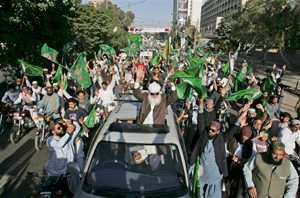
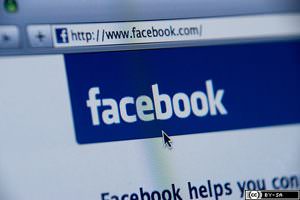
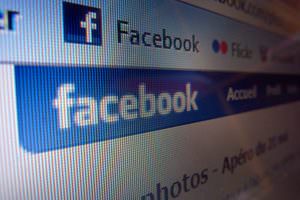

You need to be a supporter to comment.
There are currently no responses to this article.
Be the first to respond.